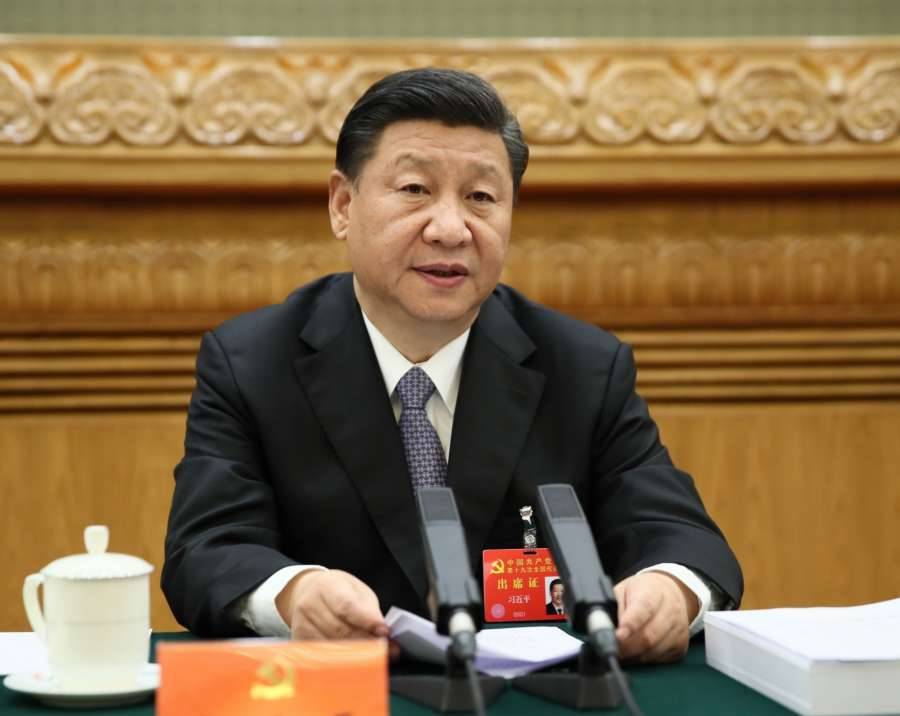A senior executive of a multinational company that is present in China said that the authorities that have been typically supportive of businesses have suddenly become hostile….reports Mahua Venkatesh
As US multinational Microsoft announced its decision to close its LinkedIn service in China due to the “challenging operating environment,” concerns within the global business community have risen. Analysts said that as Beijing continues to tighten its grip over the private sector including the tech companies, there could be a few more companies that decide to slash down their operations.
Reuters tweeted, “Seven years after its launch in China, Microsoft is pulling the plug on LinkedIn. The company cited challenges of operating in a country with strict government regulations over content sharing.”
“This could be the beginning as many companies are now becoming more and more wary of China as a market due to the uncertainty in its policy regime,” an analyst told India Narrative.
Also read: Harvard University’s Chinese language programme to shift from Beijing to Taiwan
The American tech giant however said that the company will launch a China-specific jobs-only platform called InJobs, which would not offer social feeds. Users of the new feature would also be unable to share or post articles.
A senior executive of a multinational company that is present in China said that the authorities that have been typically supportive of businesses have suddenly become hostile.
“There is a rising sense of apprehension among the businesses and this has definitely dampened sentiments, especially after the Covid-19 pandemic,” the executive on condition of anonymity said.
In his blog, Mohak Shroff, senior vice-president of linkedIn said, “We’re facing a significantly more challenging operating environment and greater compliance requirements in China.”

It is worth noting that earlier this week, Harvard University announced its decision to move its Chinese language programme from Beijing to Taipei.
The university said that the growing “hostile environment” between China and the US was one of the main reasons for the decision.
Also read: Evergrande misses another payment deadline –all eyes now on China’s growing real estate crisis
Meanwhile, in another drastic step, the Chinese authorities published new data security draft regulations that would choke data sharing for multinational companies operating in China or even other firms which operate beyond the country.
According to Global Times, the new regulation would “ban the export” core and important data.
The Beijing based news organisation defended the step saying that this is necessary “to ensure national security and normal functioning of society,” most others have registered their discontent.
China Briefing said that for multinational companies headquartered in China or with branches in China, cross-border data transfer might be inevitable when engaging with overseas companies or investors.
“Businesses are well advised to carefully evaluate if they fall into the scope of critical information infrastructures operators before transferring their data to overseas parties and must keep a close eye on future legislative developments to avoid compliance risks and potential penalties,” it said.
(The content is being carried under an arrangement with indianarrative.com)














